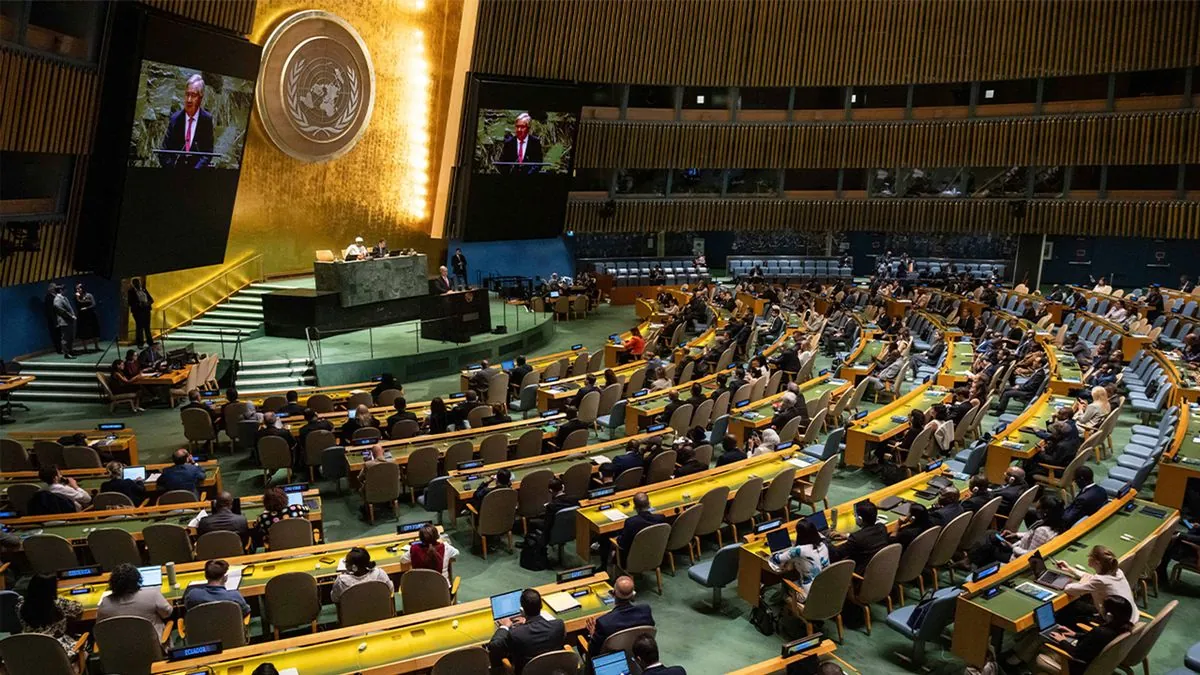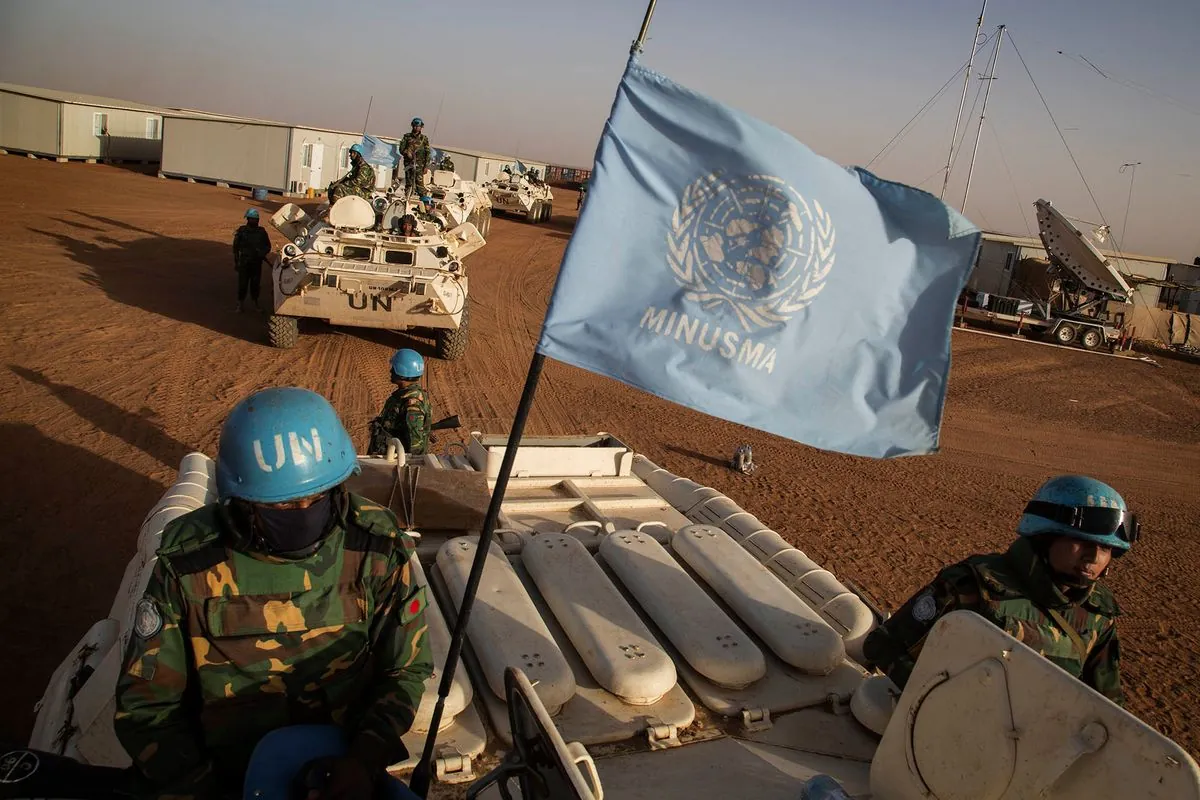UN Faces Mounting Challenges Amid Global Crises and Calls for Reform
As world leaders gather at the UN, the organization grapples with its ineffectiveness in resolving conflicts and addressing global issues. Calls for reform intensify as the UN struggles to adapt to 21st-century challenges.

As the United Nations convenes its General Assembly in September 2024, the global landscape presents a somber backdrop. The organization, established in 1945 after World War II, finds itself at a critical juncture, facing mounting criticism over its ability to address pressing international issues.
The UN Security Council, a body of 15 members including 5 permanent members with veto power, has come under particular scrutiny. Its ineffectiveness in resolving conflicts in Ukraine, Gaza, Sudan, and Myanmar has highlighted the limitations of the current system. The ongoing wars have strained the entire UN apparatus, including its humanitarian agencies and international courts.
António Guterres, the UN Secretary-General, has openly acknowledged these shortcomings. In a recent statement, he lamented the Security Council's "systematic failure" in addressing major conflicts, attributing this to the rekindled rivalries among great powers.
"The truth is that the Security Council has systematically failed in relation to the capacity to put an end to the most dramatic conflicts that we face today: Sudan, Gaza, Ukraine."
In response to these challenges, the UN has initiated the Summit of the Future, a two-day session aimed at developing new governance concepts for 21st-century problems. This summit, which opened on September 24, 2024, seeks to address issues such as artificial intelligence risks, financing sustainable development goals, and reforming the Security Council.
However, the diplomatic negotiations surrounding this initiative have revealed the inherent difficulties in achieving meaningful reform. Despite these obstacles, analysts note that member states continue to value the UN's role, investing effort in its future viability.
The UN system, which includes specialized agencies like WHO, UNESCO, and UNICEF, faces a complex set of challenges. It must navigate great power competition while addressing global issues such as climate change, pandemic response, and economic inequality. The organization's annual budget of approximately $3.4 billion for 2024 and its workforce of 36,000 staff members across 193 countries underscore the scale of its operations and responsibilities.

Calls for reform have intensified, with proposals ranging from suspending veto powers during mass atrocity events to expanding the Security Council's membership to better reflect the current global landscape. These discussions occur against the backdrop of the UN's extensive history, which includes over 70 peacekeeping operations since 1948 and 12 Nobel Peace Prize awards.
As world leaders, including President Joe Biden, address the General Assembly, they face a critical task: to reinvigorate multilateral cooperation while acknowledging the UN's limitations. The organization's ability to adapt and reform will be crucial in determining its relevance and effectiveness in addressing the complex challenges of the 21st century.


































